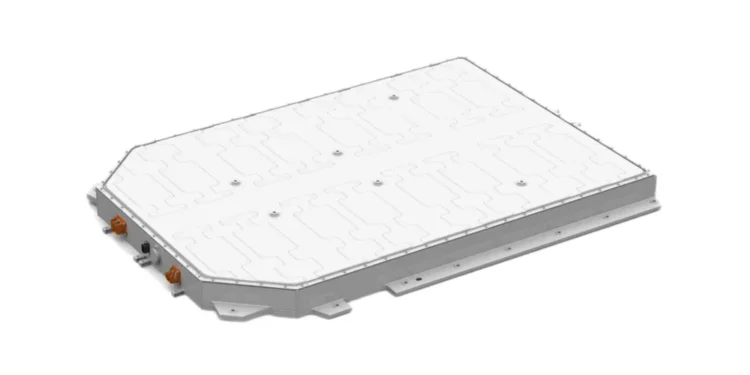According to Electrive, Farasis Energy, a leading Chinese battery manufacturer, has introduced next-generation 6C battery technology, allowing electric vehicles (EVs) to charge from 10% to 80% in just 8 minutes and 55 seconds. This breakthrough significantly reduces charging time, making EVs more convenient and practical for everyday users. The company has optimized the design for both lithium iron phosphate (LFP) and lithium ternary battery systems, with LFP batteries supporting 6C fast charging and ternary batteries achieving 5C charging rates.
Understanding the ‘C’ Rating in Battery Charging
The ‘C’ rate in battery charging refers to the ratio between the battery’s capacity and its charging power. At 1C, an 80 kWh battery charges at 80 kW. The higher the C rating, the faster the charging speed:
- 1C Charging → 80 kW for an 80 kWh battery.
- 5C Charging → 400 kW for the same battery.
- 6C Charging (Farasis’ LFP batteries) → Even higher speeds, reducing charge time to under 9 minutes.
For comparison, some 5C batteries already exist in China, such as those in the Li Mega (Li Auto) and Zeekr 001, equipped with CATL batteries capable of adding 500 km of range in 12 minutes. However, these batteries only maintain peak charging power briefly.
How Farasis Achieves Faster and Safer Charging
Super Pouch Solution (SPS) for Improved Heat Dissipation
One of the biggest challenges in fast-charging EV batteries is heat generation. Farasis’ Super Pouch Solution (SPS) design addresses this by expanding the heat dissipation area:
- 6C LFP batteries: Heat dissipation area increased by 4.8 times.
- 5C ternary batteries: Heat dissipation area improved by 4 times.
This ensures the battery temperature remains below 50°C during charging, preventing overheating and efficiency loss.
Advanced ROM Simulation for Faster Development
Farasis Energy used Reduced Order Modeling (ROM) to streamline battery simulation processes. Traditional testing methods take 8–10 hours, but with ROM, simulations can be completed in just 10 seconds.
This accelerates battery development, enabling engineers to optimize cell design faster without needing to manufacture physical prototypes.
Implications for the Future of EV Fast Charging
Faster Charging Reduces EV Range Anxiety
One of the biggest barriers to EV adoption is charging time. With 6C technology, EVs can charge nearly as quickly as refueling a gasoline vehicle, eliminating one of the primary concerns for potential buyers.
Increased Compatibility with Existing EV Infrastructure
Fast-charging EVs need charging stations that can handle high power outputs. Many next-generation charging stations are already being developed to support ultra-fast charging, making Farasis’ 6C batteries more compatible with emerging infrastructure.
Enhancing Battery Safety and Lifespan
By keeping charging temperatures below 50°C, Farasis’ batteries:
- Reduce the risk of overheating and battery degradation.
- Extend battery life, ensuring long-term performance.
- Improve overall charging efficiency, leading to lower energy losses.
Farasis’ Role in the Evolving EV Battery Market
With major battery manufacturers like CATL, BYD, and LG Energy Solution competing in the fast-charging sector, Farasis Energy’s 6C battery technology positions it as a key player in the race for faster, safer, and more efficient EV charging solutions. The company’s innovative approach to battery design, combined with its advanced simulation capabilities, makes it a strong competitor in the evolving EV market.
Want to stay updated on the battery industry? Check out the latest news on BatteriesDaily!











